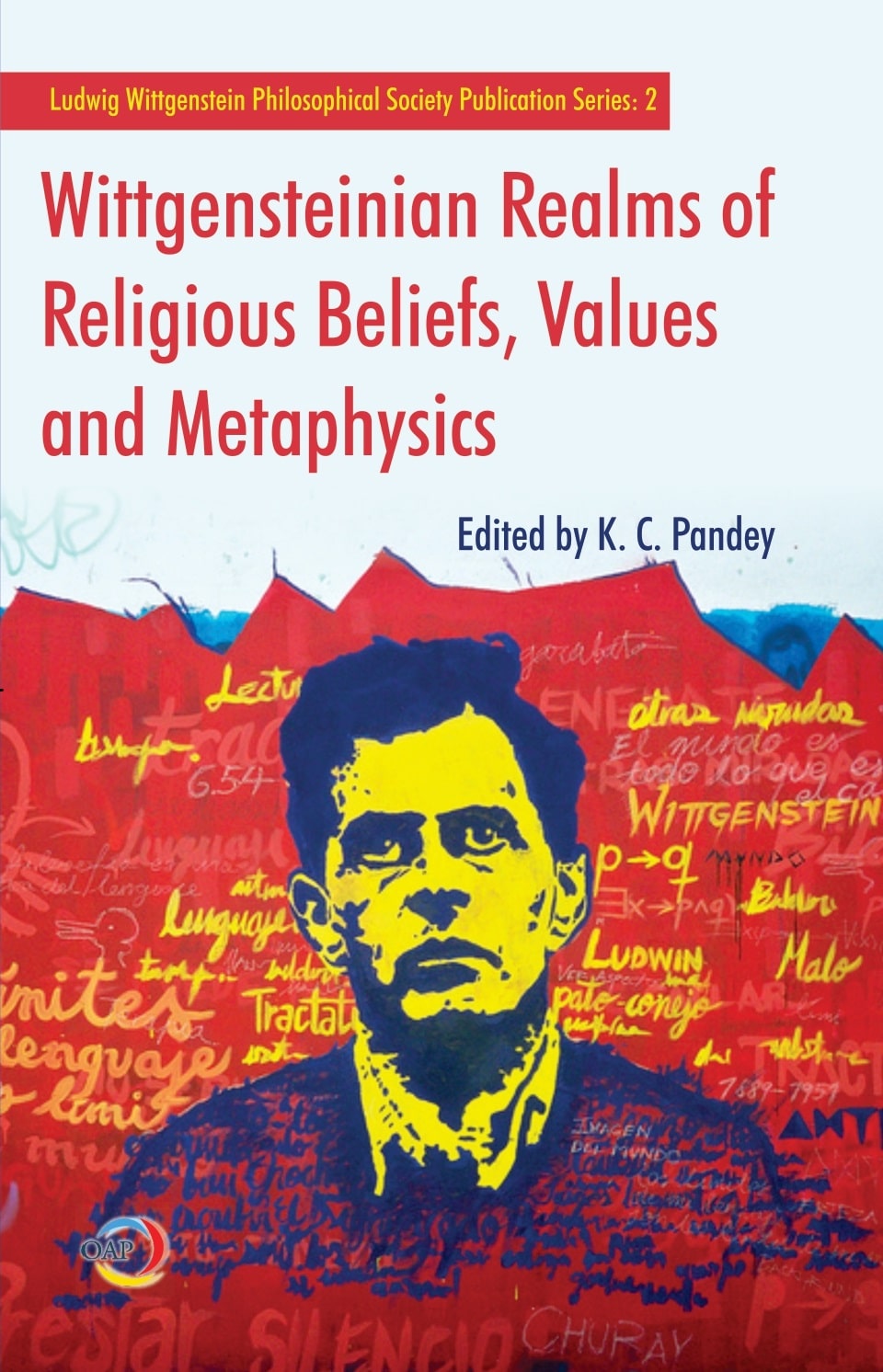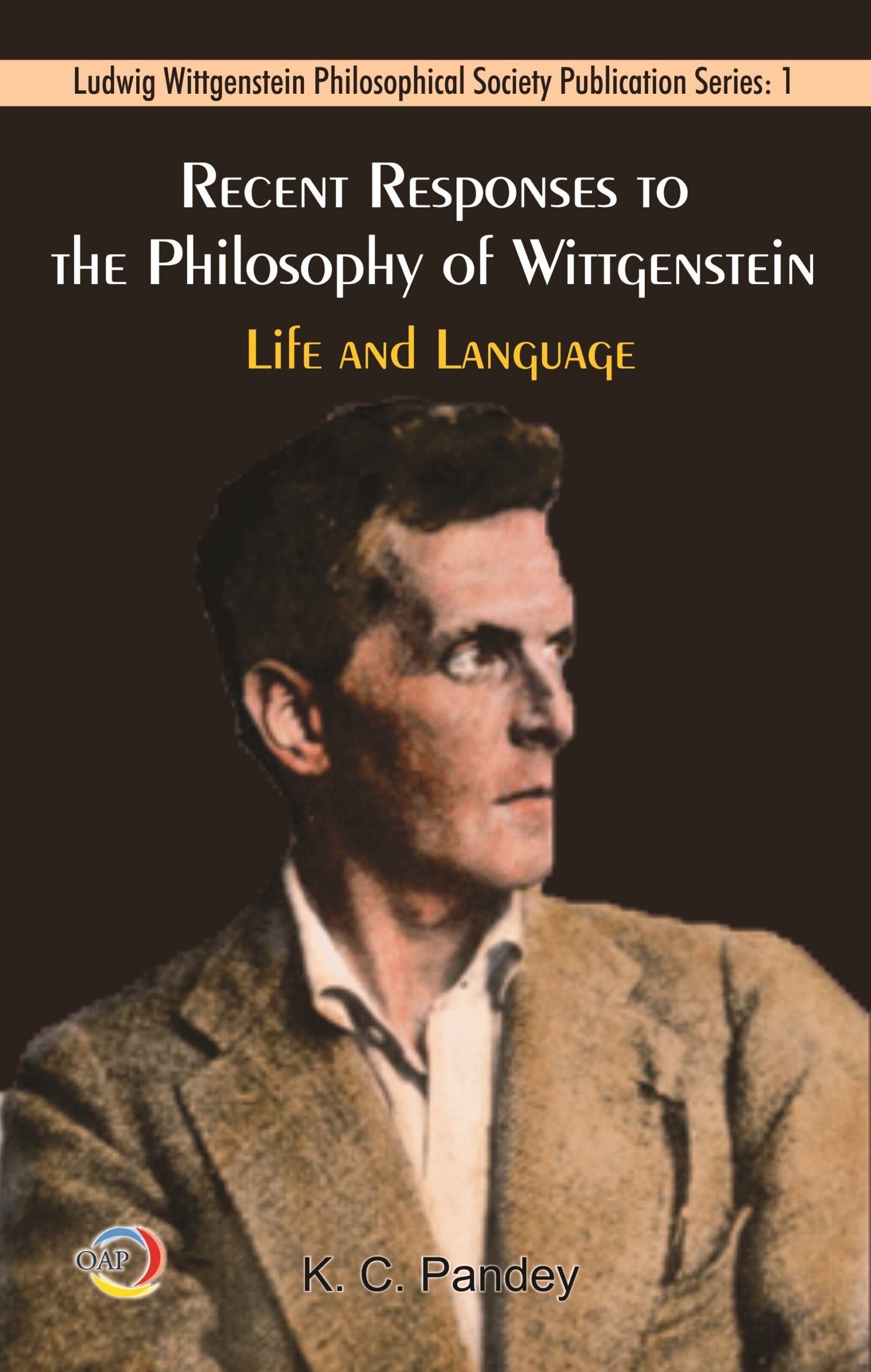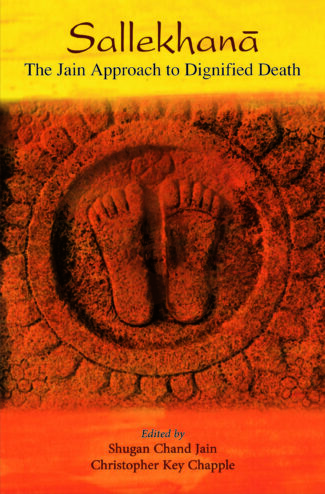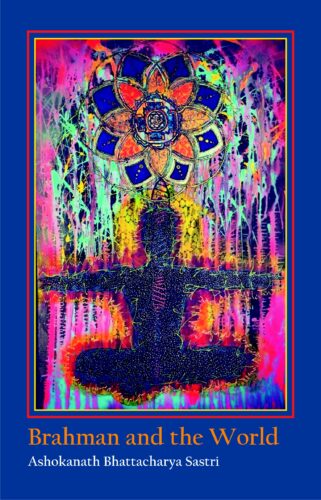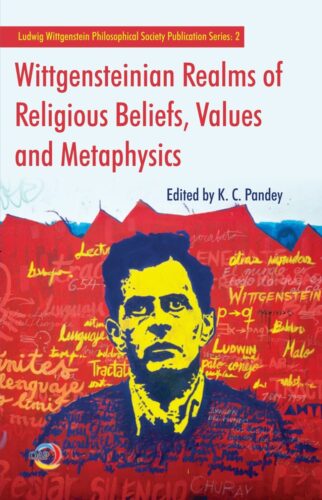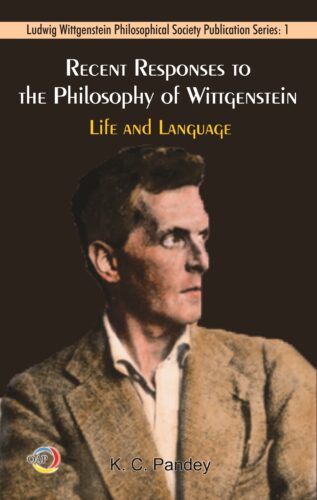
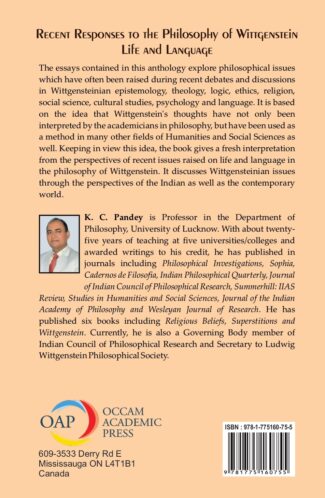
Recent Responses to ...
Recent Responses to the Philosophy of Wittgenstein
Life and Language by: K. C. PandeyThe book gives a fresh interpretation from the perspectives of recent issues raised on life and language in the philosophy of Wittgenstein. The essays contained in this anthology explore philosophical issues that have been raised during recent debates and discussions in Wittgensteinian epistemology, theology, logic, ethics, religion, social science, cultural studies, psychology and language.
Original price was: ₹5,700.00.₹5,130.00Current price is: ₹5,130.00.
ISBN: 9781775160755
Year Of Publication: 2020
Edition: 1st
Pages : xx, 268p.
Language : English
Binding : Hardcover
Publisher: Occam Academic Press
Size: 25
Weight: 700
The essays contained in this anthology explore philosophical issues which have often been raised during recent debates and discussions in Wittgensteinian epistemology, theology, logic, ethics, religion, social science, cultural studies, psychology and language. It is based on the idea that Wittgenstein’s thoughts have not only been interpreted by the academicians in philosophy, but have been used as a method in many other fields of Humanities and Social Sciences as well. Keeping in view this idea, the book gives a fresh interpretation from the perspectives of recent issues raised on life and language in the philosophy of Wittgenstein. It discusses Wittgensteinian issues through the perspectives of the Indian as well as the contemporary world.


